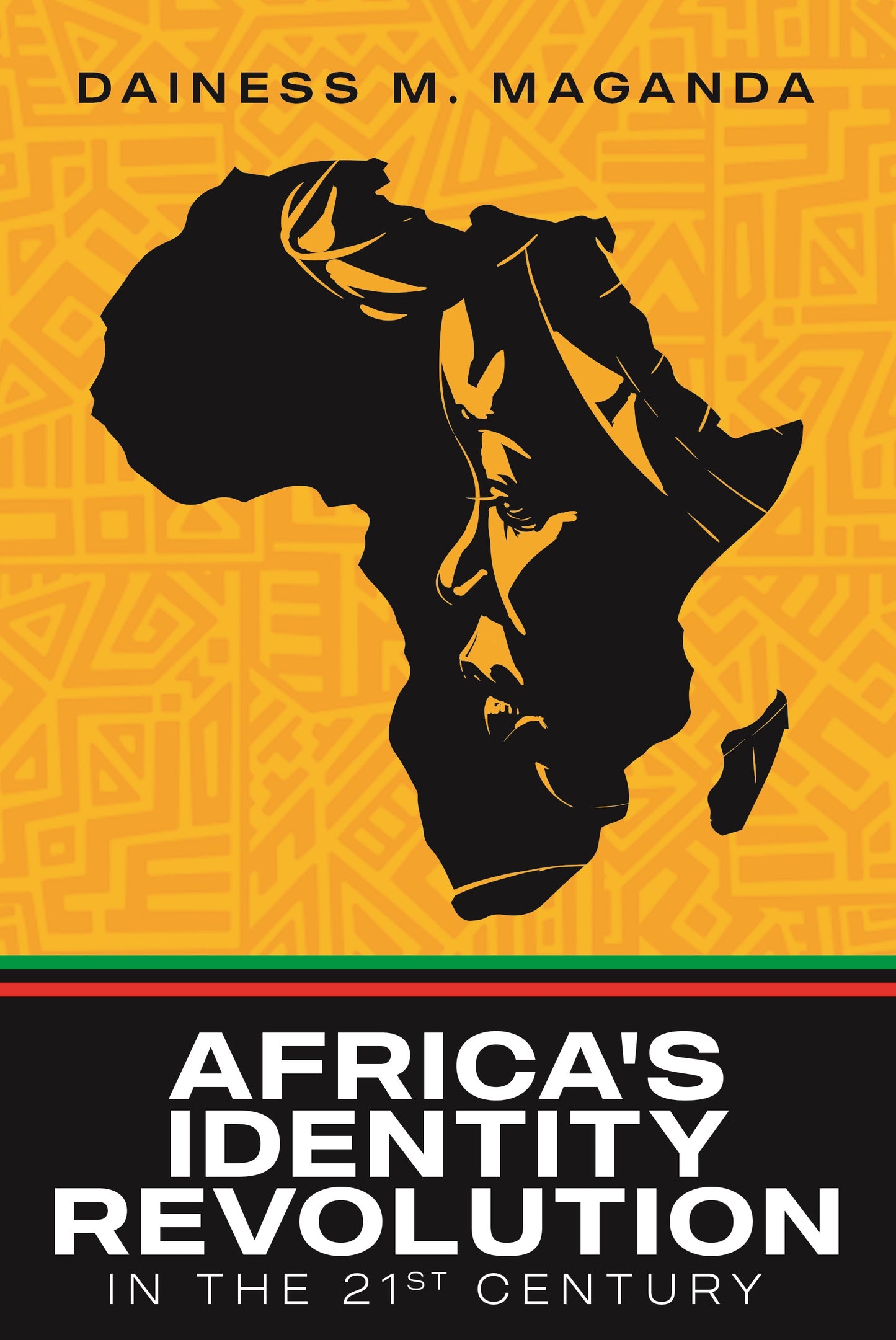IMA.Duka
Africa's Identity Revolution
Couldn't load pickup availability
It is common to judge others without understanding them fully, and we rarely take the time to reflect on our own judgment. Unfortunately, personal perception leads to actions that tends to be repeated so much that others watching us start believing what they observed from others. Likewise, history is a mark of how people witnessed the world, and a record of what people think about others living in the world they know or don't know. You have heard many times people say, “don't judge a book by its cover,” but honestly, most of us do, and we do so based on perception and ideas that may be true or mostly assumptions. When we take the time to dig deeper and confront assumptions, we gain a new understanding that completely alters our viewpoint, and in turn, we contribute to a new paradigm of perception, one that can only be attained once a person also understands what we know.
Africa’s Identity Revolution examines the complexity of identity and shows how and why people may find it difficult to acknowledge who they are or struggle to accept some elements of their identity based on several factors in their lives. More specifically, the book illustrates several factors that contribute greatly to how Africans view themselves and how the world portrays them, considering their lives prior to colonial domination, the aftermath of colonialism and the education system put in place post-independence. By underscoring the meaning of culture, its elements and how it is formed and transmitted, the author shows how the devaluing of African traditions, ways of life, indigenous education, language, and religion, to name just a few, watered the seeds of the inferiority complex between Africans and the world at large. The book contributes greatly to the ongoing discussion about ways in which a person’s identity draws from the historical and political contexts connected to local, regional, national, and global forces. By underscoring how poverty, skin color and names negatively impact people of African origin and other people of color in general, the book shows ways in which Africans can revolutionize how the world thinks about them by examining the examples of others who have been able to do so in the diaspora, namely, former President Barack Obama and the late Dr. Maya Angelou and within the African continent, the late former president of South Africa, Nelson Mandela and late, former president of Tanzania, doctor John Pombe Magufuli. The book is a great asset for those who wish to examine their own sense of identity and want to reclaim areas of their lives they once despised based on other people’s opinions. It is a resource for teachers who focus on Africa, culture, and identity in the 21st century. To be an African doesn’t mean you are less than. To be poor does not mean your mind is poor. To be African is just a manifestation of humanity lived in Africa. The author calls everyone to believe and know that the negativity around you is not a reason to succumb to defeat.
Share

